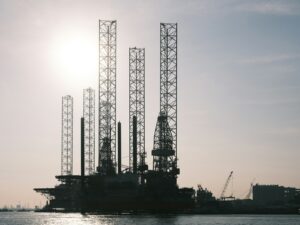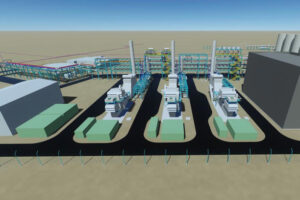Green overhaul of digital infrastructure needed, says study
The UK’s dependence on powered copper-based digital infrastructure is restricting its ability to reduce carbon emissions and reverse climate change, according to new research released yesterday (April 22).
The study by independent sustainability consultants, Carbon Smart, has found that the growth and adoption of greener technological developments such as homeworking and tele-healthcare is being limited by our reliance on legacy copper-based infrastructure, which the report says is becoming increasingly unable to cope with the volumes of data they generate.
Their evidence showed that supporting the wider adoption and development of digital services in areas such as transportation, energy, computing, construction, building management, health and education, could reduce carbon emissions globally by almost a fifth (18%).
Copper, which still serves 97% of premises across the UK, is also significantly more carbon intensive than fibre at all stages of its lifecycle, from its extraction, manufacture and installation, to its operation, maintenance and even decommissioning. Full fibre networks are much more energy-efficient, requiring no power to street cabinets, and their services are more reliable, requiring significantly less maintenance.
The findings have been welcomed by full fibre infrastructure builder, CityFibre, which operates full fibre infrastructure in 42 towns and cities and is rolling out Gigabit speed (1000Mbps) networks and services to at least one million homes and businesses by 2021 in partnership with Vodafone.
Greg Mesch, Founder and Chief Executive at CityFibre, explained: ‘Ensuring a greener future for us all, requires a transformational change to the way we live and work. Technology is central to this change, with exciting and effective solutions being pioneered across the world as we speak.
‘There is no doubt that the only digital infrastructure capable of underpinning this green revolution is full fibre. Its predecessor copper, falls at almost every hurdle.’
Ben Murray, Managing Director at Carbon Smart, added: ‘The science behind climate change and the potential impacts it will have is settled. If we don’t act, the consequences will be severe. We need to rapidly transition from old technologies and ways of working to more sustainable business practices, solutions and economies.
As this study shows, full fibre infrastructure has a critical role to play – the environmental, social, economic and technological benefits are clear – and without it, our ability to build a sustainable future is in doubt.’
Read the report here















